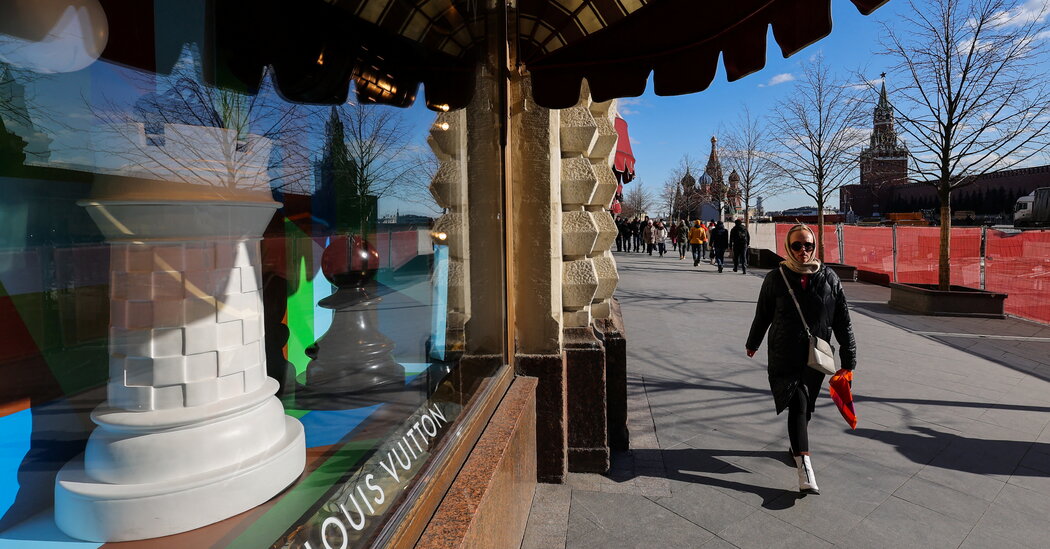
If Mr. Xi and Mr. Putin organize their own economic coalition, they could bring in other nations seeking to shield themselves from Western sanctions — a tool that all recent U.S. presidents have used.
“Your interdependence can be weaponized against you,” said Dani Rodrik, a professor of international political economy at Harvard Kennedy School. “That’s a lesson that I imagine many countries are beginning to internalize.”
The Ukraine war, he added, has “probably put a nail in the coffin of hyperglobalization.”
China and, increasingly, Russia have taken steps to wall off their societies, including erecting strict censorship mechanisms on their internet networks, which have cut off their citizens from foreign perspectives and some commerce. China is on a drive to make critical industries self-sufficient, including for technologies like semiconductors.
And China has been in talks with Saudi Arabia to pay for some oil purchases in China’s currency, the renminbi, The Wall Street Journal reported; Russia was in similar discussions with India. The efforts show a desire by those governments to move away from dollar-based transactions, a foundation of American global economic power.
For decades, prominent U.S. officials and strategists asserted that a globalized economy was a pillar of what they call the rules-based international order, and that trade and financial ties would prevent major powers from going to war. The United States helped usher China into the World Trade Organization in 2001 in a bid to bring its economic behavior — and, some officials hoped, its political system — more in line with the West. Russia joined the organization in 2012.
But Mr. Putin’s war and China’s recent aggressive actions in Asia have challenged those notions.
“The whole idea of the liberal international order was that economic interdependence would prevent conflict of this kind,” said Alina Polyakova, president of the Center for European Policy Analysis, a research group in Washington. “If you tie yourselves to each other, which was the European model after the Second World War, the disincentives would be so painful if you went to war that no one in their right mind would do it. Well, we’ve seen now that has proven to be false.”
“Putin’s actions have shown us that might have been the world we’ve been living in, but that’s not the world he or China have been living in,” she said.




